Upcycling plastic waste in seafood packaging is expected to remove 500 metric tons of plastic annually
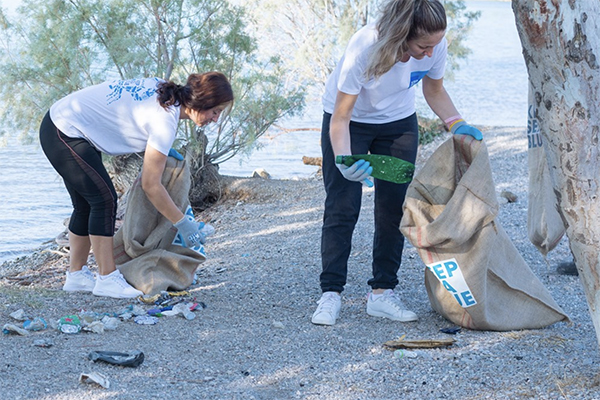
British multinational grocer and retailer Tesco has announced plans to recycle and reuse plastic waste (such as drink bottles) in their seafood packaging for fresh fish. The move into the new packaging is expected to remove around 500 metric tons (MT) of plastic from the environment each year and reduce the amount of “virgin plastic” required in the packaging.
Starting next week, many of the supermarket’s fresh salmon, haddock, cod and sea bass lines will be sold for the first time in trays that contain at least 30 percent recycled coastal plastic collected from beaches, coastlines and coastal communities around the Mediterranean Sea.
“Where we can, we are reducing the amount of new plastic we use in our business,” said Sarah Bradbury. “Re-using coastal plastic in our fish packaging is one way we can do that, and at the same time, keep it out of the oceans.”
The plastic waste – consisting of polypropylene, PET, polyethylene and other types of plastic – is collected from at-risk coastal areas (such as beaches) and coastal communities within 6 miles from the sea, which prevents it from entering the Mediterranean Sea by wind, rain or floods.
Collection and processing are undertaken with full transparency and traceability and are certified by the non-profit organization Keep Sea Blue, which works with and connects organizations across the supply chain from collection to reuse in new packaging.
The plastic is recovered initially by a network of collectors across the Mediterranean, including volunteer groups involved in beach clean-ups, local authorities, non-profits and the private sector. The PET share of the waste is then carefully sorted, grinded, washed and recycled and goes back into food-grade packaging materials.
Through its customized Blockchain Platform, powered by Oracle Blockchain technology, the organization monitors and certifies the circularity of plastics ensuring full material traceability.
“Mismanaged plastic waste can only be solved by many partners working together,” said Lefteris Bastakis, founder of Keep Sea Blue. “We are glad that Tesco is making a meaningful and active contribution to this program towards protecting the Mediterranean Sea from plastic pollution and building a more sustainable future.”
Follow the Advocate on Twitter @GSA_Advocate
Now that you've reached the end of the article ...
… please consider supporting GSA’s mission to advance responsible seafood practices through education, advocacy and third-party assurances. The Advocate aims to document the evolution of responsible seafood practices and share the expansive knowledge of our vast network of contributors.
By becoming a Global Seafood Alliance member, you’re ensuring that all of the pre-competitive work we do through member benefits, resources and events can continue. Individual membership costs just $50 a year.
Not a GSA member? Join us.
Author
Tagged With
Related Posts
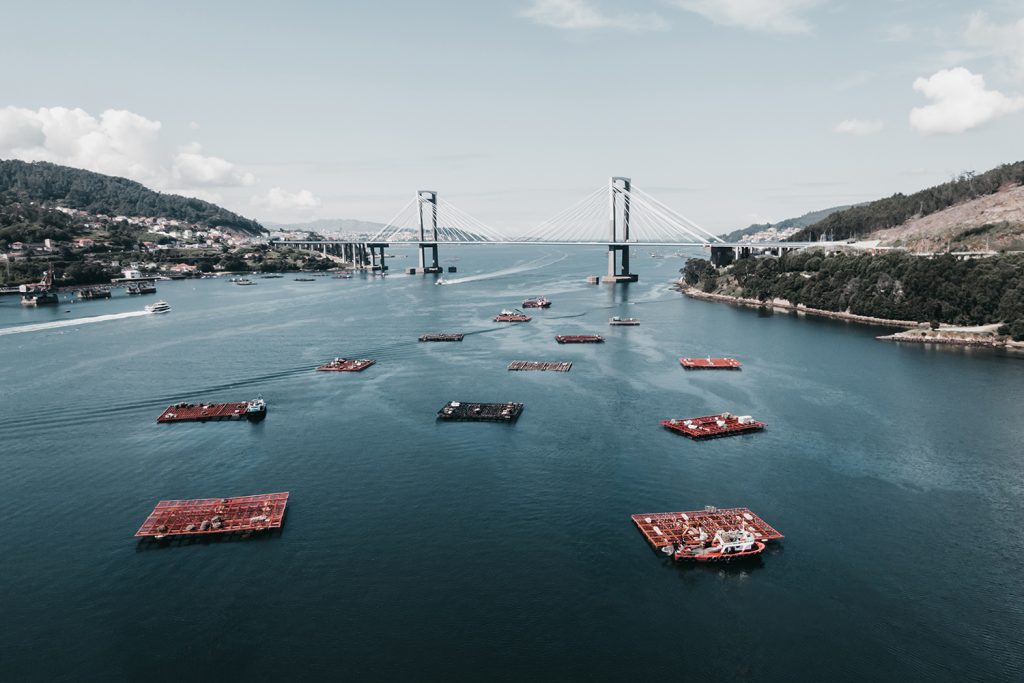
Innovation & Investment
Can plastic-eating bacteria help with fisheries’ and aquaculture’s plastics problem?
Plastic-eating bacteria have the potential to “digest” petroleum-based plastics, used in both fisheries and aquaculture. Is it feasible for recycling?
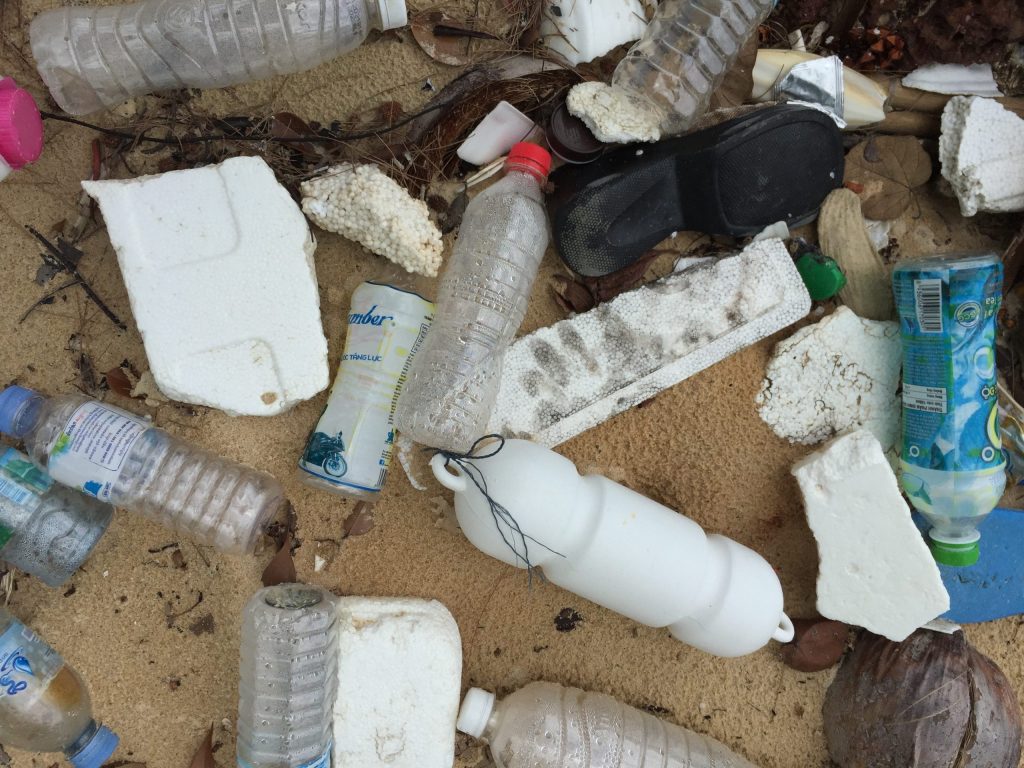
Responsibility
Expanded polystyrene is a ‘waste nightmare’ but could non-EPS seafood packaging reduce ocean pollution?
Expanded polystyrene is common in seafood packaging, but threatens marine life and human health as ocean pollution. A growing number of alternatives are emerging.
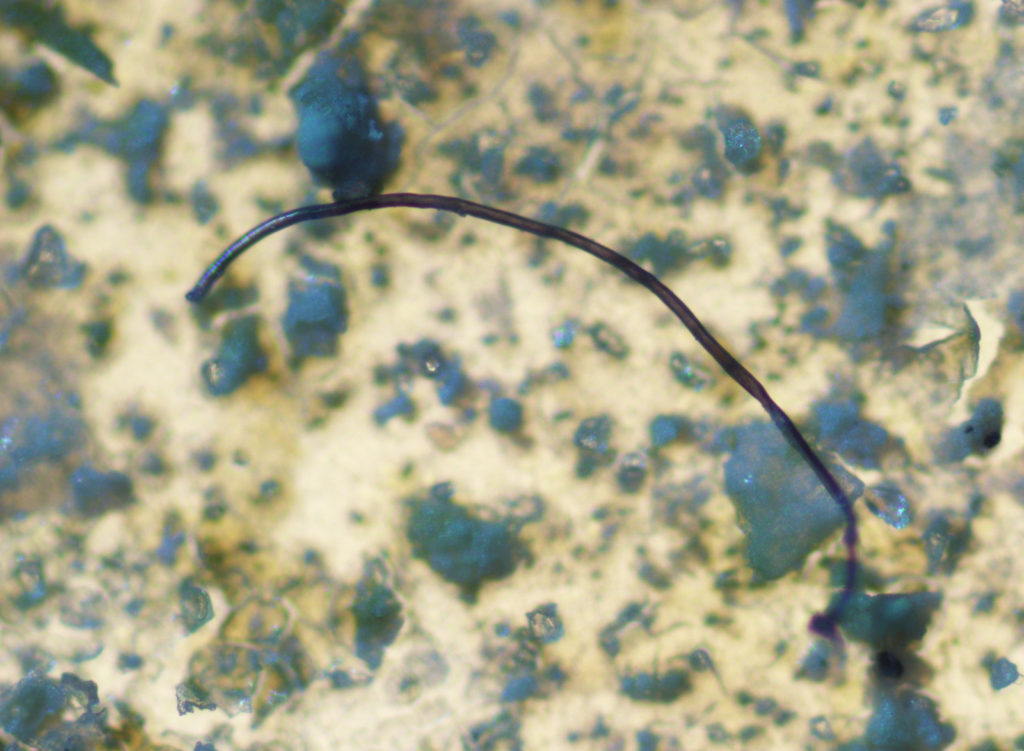
Responsibility
They’re ‘everywhere’: The pervasiveness of microplastics
How has the plastic in aquaculture operations contributed to microplastic pollution? And is plastic pollution contaminating aquaculture products? The Advocate takes a closer look.
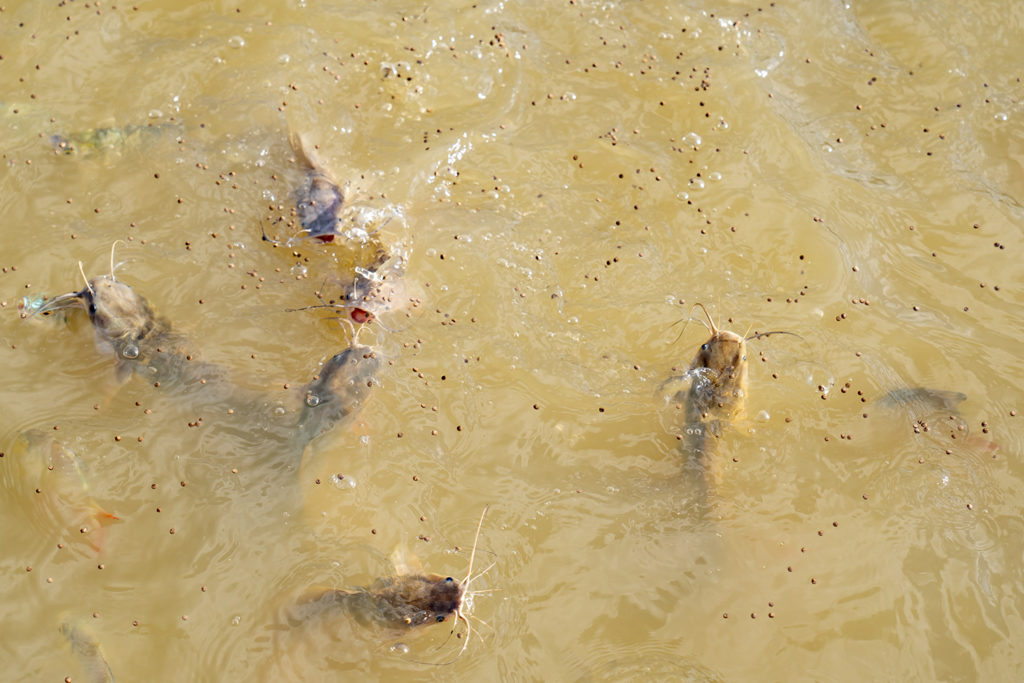
Aquafeeds
‘We will very likely find it’: Microplastics warning sounded for aquafeeds
The warning about microplastics pollution is finding its way to aquaculture, as a new study finds contaminated samples of fishmeal, a prominent aquafeeds ingredient.



